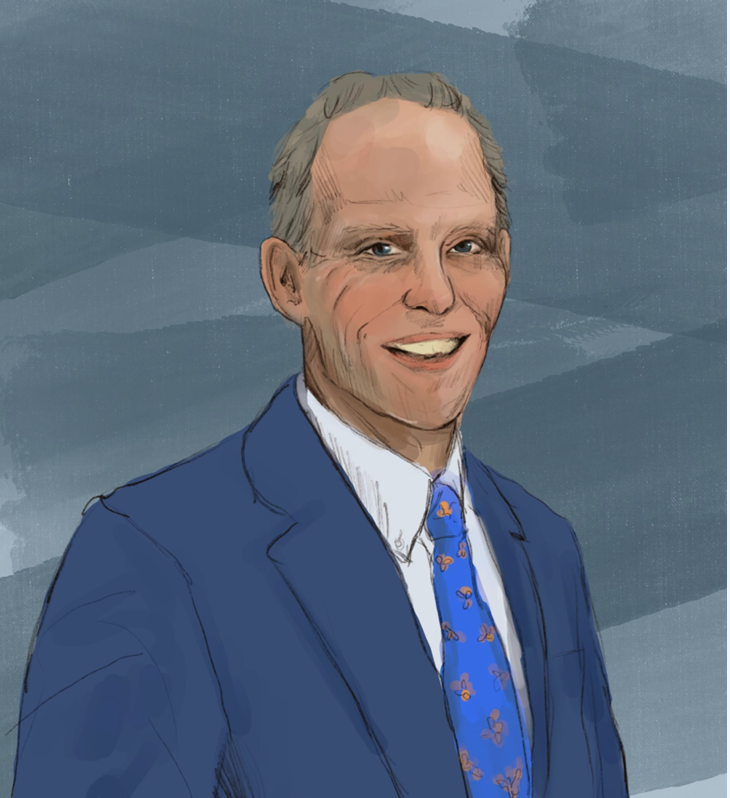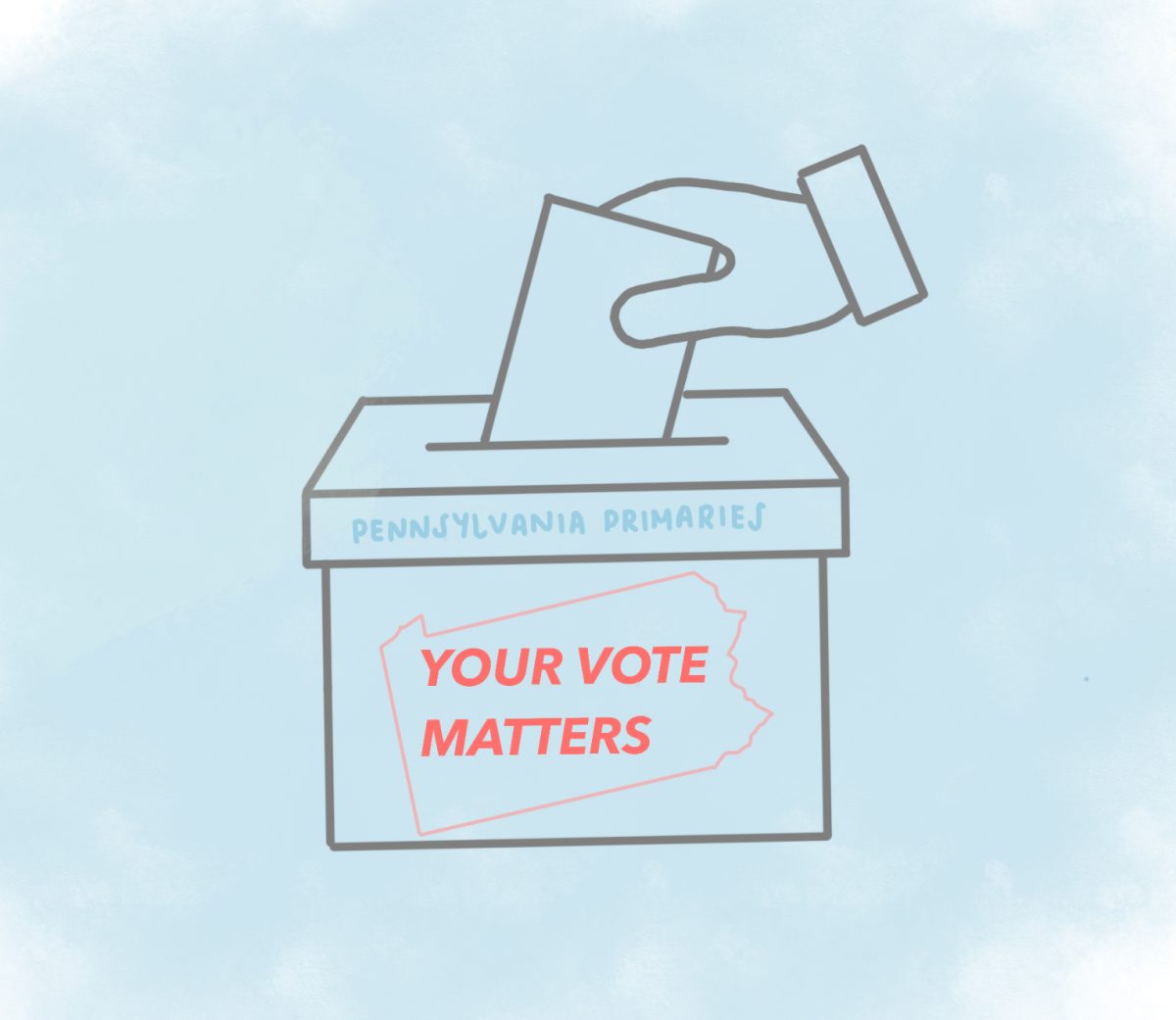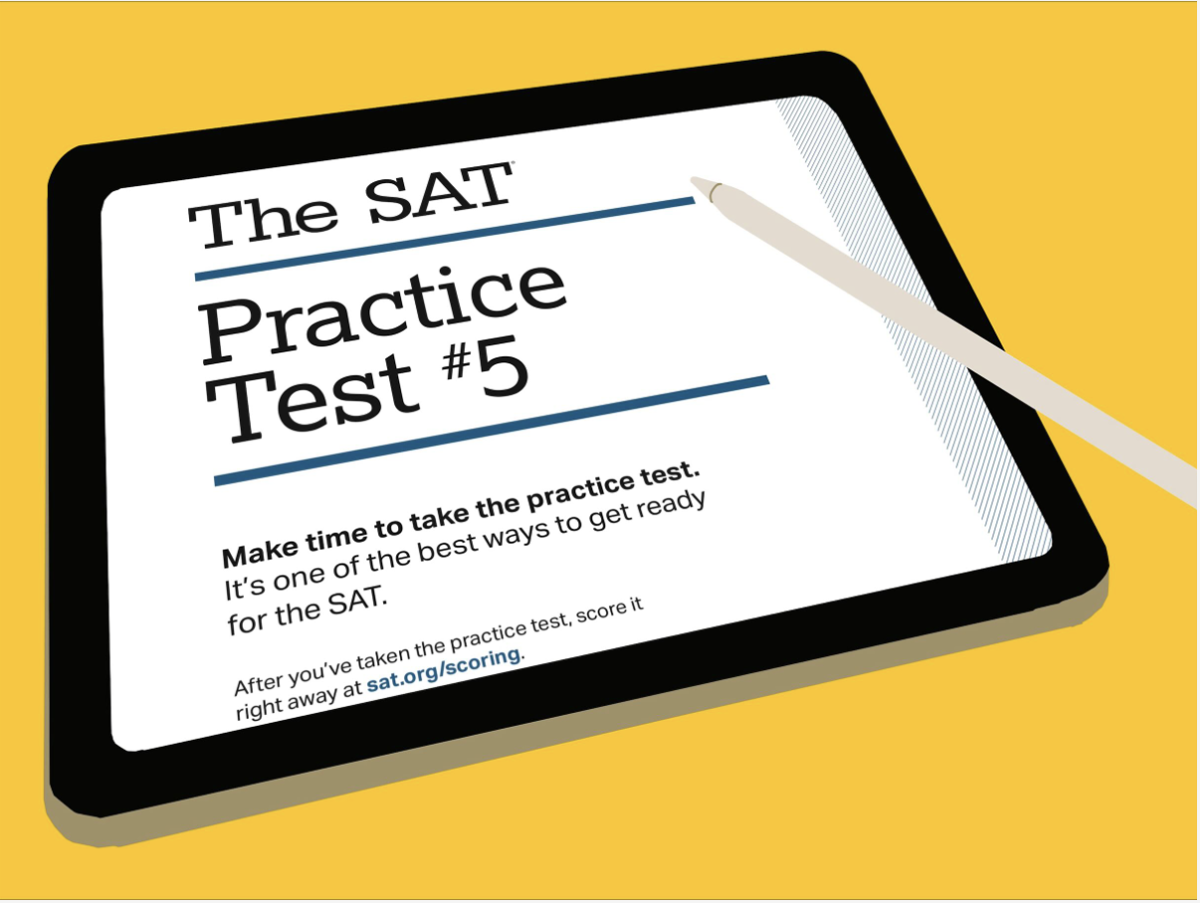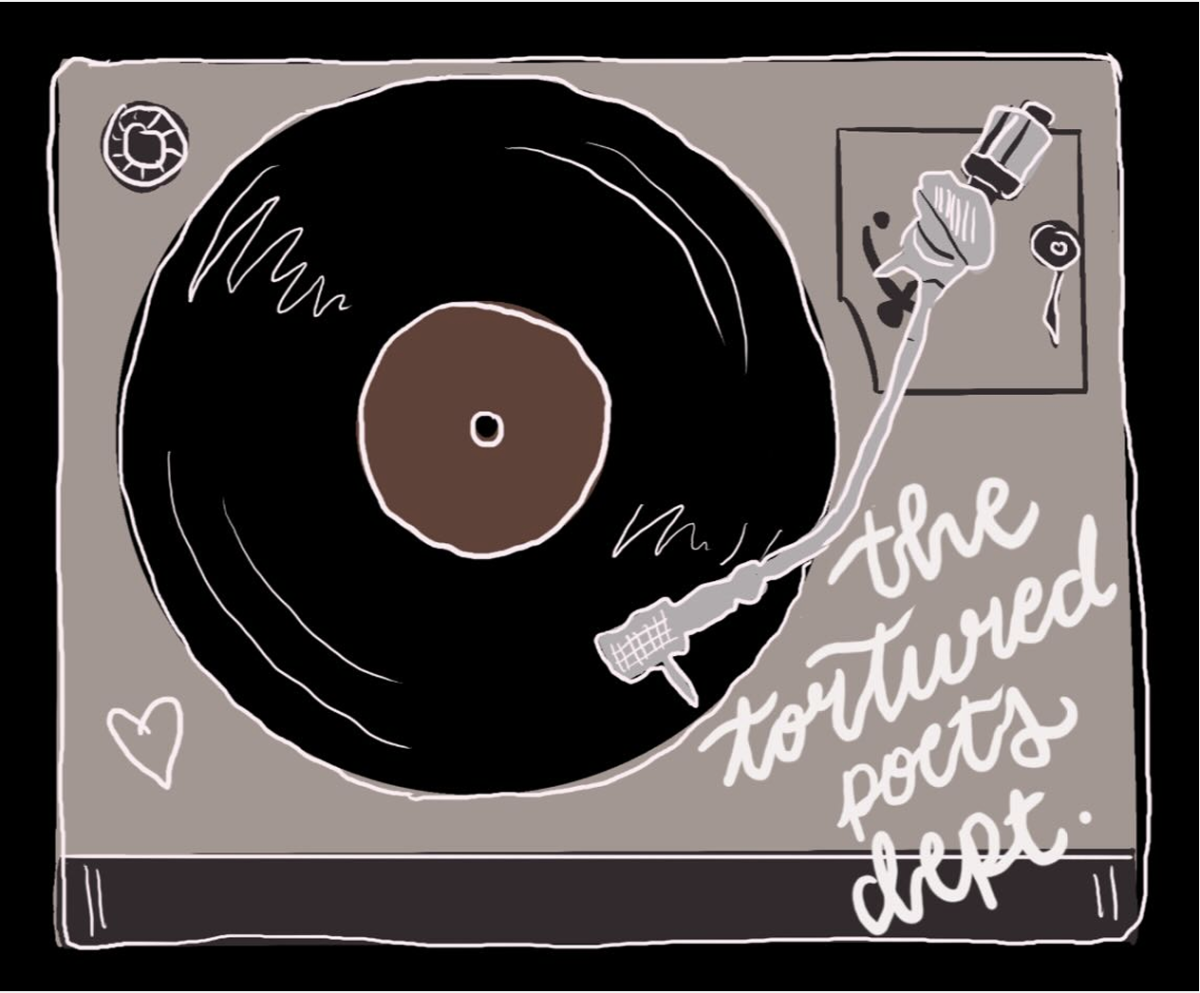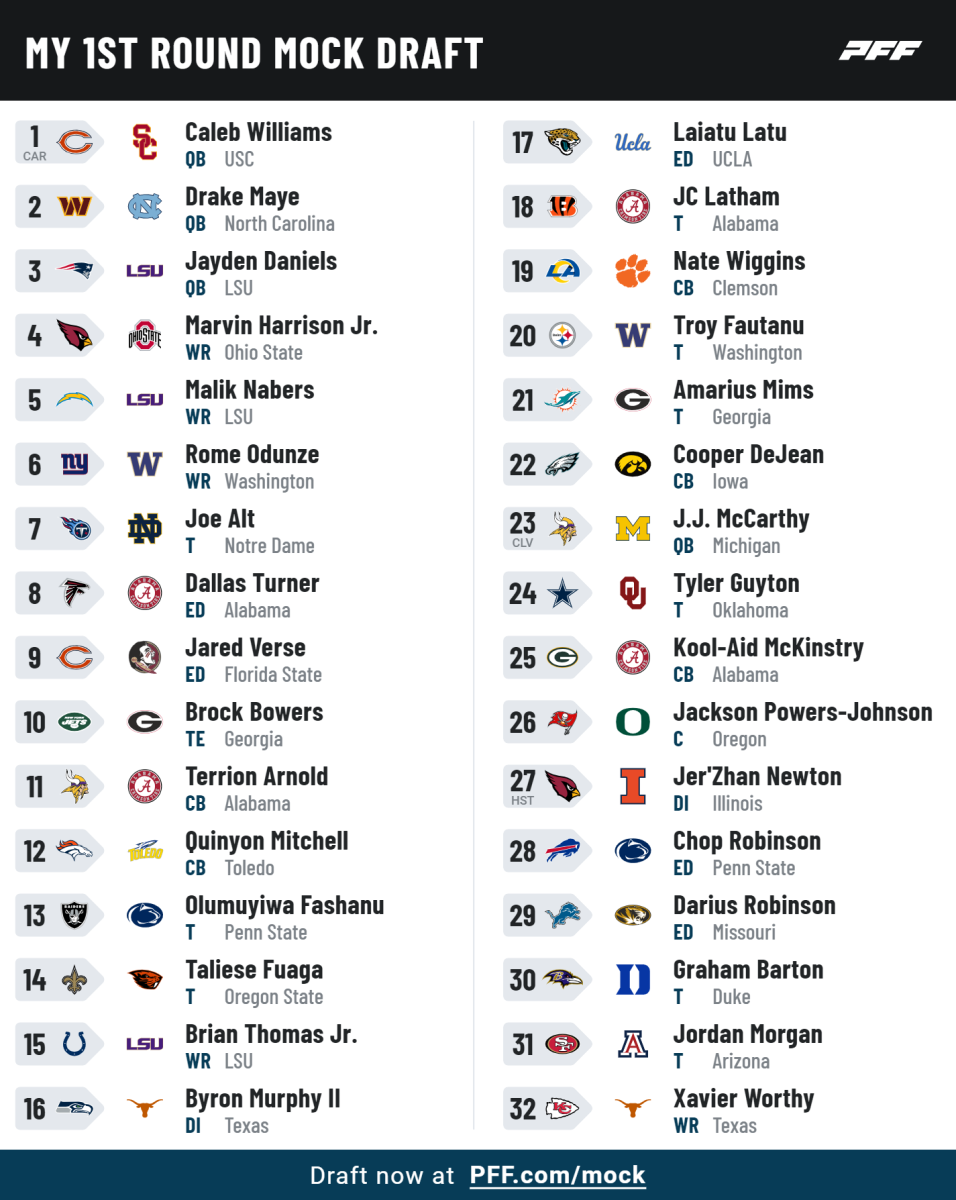As you rise and prepare early in the morning, it dawns upon you that your eyes cannot seem to grasp its surroundings. It’s been a bit, and you know it’s time. The aromatic scent of brown beans fills the air and you take a sip of the caffeine-rich liquid. In a matter of minutes, you are no longer your groggy self and your body reassembles its composure.
I’ve often been told that caffeine is harmful to the body. “It stops you from having a proper sleep schedule”, and “You won’t grow as much” were among the most popular phrases adults persistently reinforced to me in order to prevent me from drinking coffee or caffeinated beverages. It is ironically interesting that the drinks I see in the hands of teachers, parents, and students around me almost daily are various types of coffee, or some drink similar to Redbull or Monster. When asked about their drink choice, they all fell back to the usual excuse of work, as if that shielded them from the detrimental effects of caffeine.
In a 2005 New York Times article “A Jolt of Caffeine, by the Can” by Melanie Warner, she states that “Energy drinks, which have become a $3 billion business since their introduction in the United States eight years ago, are expected to accelerate profit growth for the beverage industry more than any other drink category in the next few years.” It is 2023, and indeed we are seeing these events come to life over the past few years. The energy drink industry is now worth around $62.89 billion:more than twenty times the amount in 2005.
At The Hill School, caffeine is quite prevalent both in class, and in the dorms. There are multiple students around me that drink coffee daily, and I have seen almost all flavors of the energy drink Celsius in the hands of my peers. There are buzzing conversations about various caffeine supplements, from caffeine pills, powders, shots and gummies all throughout campus. This discussion is not new or abnormal not only between students at The Hill, but is talked about in other schools and workplaces.
Students are able to easily access coffee through The Grille and the campus store. Paula Walton, who works in the campus store, expressed her thoughts on the caffeine intake of students.
“As students come and purchase snacks, outerwear, and living necessities, coffee is also purchased,” Walton said. “Roughly thirty bottles of coffee are sold per week in the campus store.”
Felicia London, who works in The Grille, observed a higher demand for coffee than that of the campus store. “Not many students and faculty look for decaffeinated coffee, so the pot is rarely refilled during the day.” But for the French roast and vanilla, hazelnut, and Colombian coffee pots, London said she refills them five to six times each throughout the day. This is an average of fifteen to twenty pots of coffee consumed across the members of The Hill School.
Some students on campus communicated the influence caffeine had towards them. Grace Carroll ’26 talked about her caffeine usage. “Usually I don’t consume caffeine on a normal basis. If I do, it would be once a month, when I have the time to, or when I need to; I enjoy drinking iced coffee before having a math test I need to focus on.”
Her suggestion on reducing caffeine addiction is to “try to find alternatives to caffeine; the main factor to those who are addicted to caffeine is that they need energy to last throughout the day. Most of the time this lack of energy is caused by a lack of sleep, so trying to reduce the usage of caffeine for that use, and instead finding ways to sleep a bit earlier or replacing the caffeinated drink with a refreshing, non-caffeinated drink would be ideal.”
Rachel Hwang ’25 also talked about her usage of caffeine. “I usually drink caffeine six times per week, as I drink a cup of the dining hall coffee in the mornings everyday.” Her caffeine drink choices also change for different occasions. “I also enjoy drinking energy drinks like Celsius when I need to stay up late,” Hwang remarked with a chuckle.
As the forms increase, students are faced with more academic-focused reasons to use the aid of caffeine to fuel their tight-scheduled lives. Audrey Choi ’24 talked about her caffeine intake and her peers.
“I normally drink one or two cans of Celsius, and one or two Starbucks refreshers, which also contain some caffeine. I look for caffeine the most in the mornings, especially during the first period to start my day off awakened with caffeine.” When asked about how caffeine is utilized among her peers, she mentioned a change she noticed. “Some of my friends increased their usage of caffeine weekly as the form increased, but most of my friends drink it when they need it.”
Members of The Hill School Faculty have also shared their usage of caffeine. William Yinger ’95, the Senior Master Teacher of Science, talks about his use of caffeine.
“I drink about sixty to seventy eight-ounce cups of caffeine per week, always hot coffee. I drink coffee in the mornings, to awaken my senses for work.” Yinger said.
Daniel McMains ’98, the McNally Chair of History and Social Sciences, also said that he drinks “ten to twelve eight-ounce cups of hot or cold coffee per week.” Following in suite of the students and Yinger, McMains commented that he drank coffee in the mornings to wake his mind in order to work effectively.
The truth is, the mechanics of caffeine are formulated to create an addiction and tolerance. The more your body takes of it, the higher reliance it develops. In other words, it is a drug that builds a tolerance with every swallow. Caffeine intercepts adenosine receptors, or caffeine receptors in the body and replaces the adenosine, a neurotransmitter that induces a chemical chain inducing sleep with itself, ultimately creating space in the receptor for dopamine. This is why caffeine signifies the brain to crave for more caffeine. Because caffeine overrides the receptors, in order for the body to continue to transmit adenosine to the brain, it builds more receptors, which is why as time goes by you need more amounts of caffeine to produce the same effects as the amount you used to take in the beginning.
What makes caffeine so hard to break off from is its withdrawal symptoms. These symptoms can include headaches, fatigue, irritability, and difficulty concentrating. Such symptoms prevent users from using other means instead of caffeine to fuel their work, or their daily lives. In order to alleviate these symptoms individuals continue to seek coffee, and a non-stopping cycle of constant caffeine begins.
Lisa Roethling, the Director of Counseling, advised some general information about caffeine.
“It is recommended to limit caffeine intake to moderate levels, which is typically considered to be around 400 milligrams per day for most healthy adults,” said Roethling.
She added that exceeding this amount or experiencing significant distress or impairment due to caffeine consumption may be a sign of addiction or overuse. “It is advisable to consult with a healthcare professional for personalized guidance on caffeine consumption and its potential effects on health.”
“Quitting caffeine can be challenging, but it is possible with determination and a gradual approach. One strategy is to manage withdrawal symptoms by staying hydrated, maintaining a balanced diet, and getting sufficient rest to help alleviate these symptoms. Remember, quitting caffeine addiction is a personal journey, and it may take time.”
Even though the science proves caffeine to be highly unhealthy in the long run, the predisposed thought behind taking caffeine is the “work hard, play harder” mentality society puts upon itself. Everyone works hard during the week in order to receive their reward: a long weekend of exciting events. Yet this mentality needs to be reevaluated. Are we really hooking our bodies up with a drug to fuel through our workload, or are we just taking the easier path?





